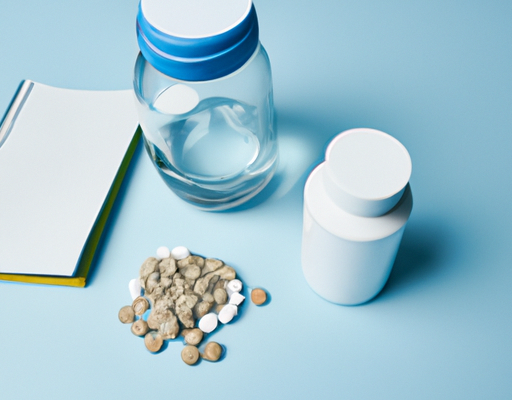What is niacin?
Niacin, also known as vitamin B3, is a vital micronutrient. It is naturally present in many foods, added to some food products, and available as a dietary supplement. Niacin helps to keep the body’s cellular functions running smoothly and supports healthy metabolism. It’s also important for the proper functioning of the nervous system, digestive system, skin, and eyes. A deficiency of niacin can not only lead to physical disruption, but can also have psychological impacts, like depression and anxiety. Eating foods rich in niacin is one way to ensure that your body is getting enough of this important nutrient on a regular basis.
What are the benefits of niacin?
Niacin, commonly known as vitamin B3, is an essential nutrient that helps regulate energy, hormones, and enzymes in the body. It helps the body break down fats, carbohydrates, and proteins and has been linked to improved digestion and increased energy levels. Studies have also shown that niacin can help reduce cholesterol, support skin health, and boost the metabolism. It is also believed to be beneficial for mental and emotional wellbeing as it helps manage stress hormones and support a positive mood. Niacin can be found in many foods, such as liver, fish, milk, eggs, and nuts. It can also be taken as a supplement to help meet the daily requirements. If taken properly, niacin has many positive benefits, from improving cognitive performance to reducing the risk of stroke.
Niacin-rich foods
Niacin, also known as Vitamin B3, is an essential nutrient that helps our bodies process food into energy and keep all of our cells healthy. An important part of niacin’s role in the body is to help metabolize proteins, fats and carbohydrates. Fortunately, there are plenty of great sources of niacin-rich foods that can provide us with the niacin our body needs. Nuts and seeds, like almonds and sunflower seeds, are packed with niacin. Other excellent sources of niacin include meats and fish, such as chicken, beef, and tuna. Leafy greens, such as spinach and kale, are also excellent sources of niacin. Additionally, some types of mushrooms are also rich in niacin. If you’re looking to add more niacin to your diet, try incorporating these foods into meals or snacks.
How to get the recommended daily intake of niacin?
When looking for ways to get the recommended daily intake of niacin, it is important to bear in mind that dietary supplements are not the only option available. Many people are unaware that there are many food sources of niacin, and that these can form an important part of a healthy and balanced diet. Eating a variety of foods rich in niacin, such as lean meats, fish, legumes, peanuts, fortified cereals and whole grains, is a great way to ensure that you reach the recommended daily intake. Vitamin B3 is also available as a nutritional supplement, and it can be taken in many forms such as tablets and capsules. However, supplements should be used with caution and only as directed by a healthcare professional.
Conclusion
As a conclusion, it is important to understand that niacin is a vital vitamin that should be consumed in order to maintain overall health. Foods that are rich in niacin such as beef, chicken, fish, avocados, beans, lentils, and nuts, can provide the body with the necessary amounts of this vitamin. Furthermore, those who are deficient in niacin can benefit from taking a niacin supplement or using a topical ointment. Niacin is an essential vitamin and should be taken seriously in order to prevent any future health complications. By consuming the correct foods and products, the human body is able to benefit from all of the elements available in niacin.





No Comments